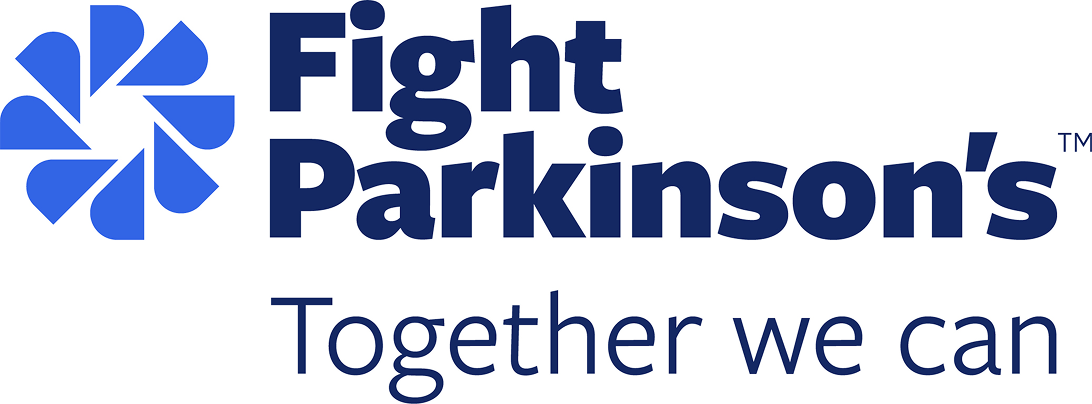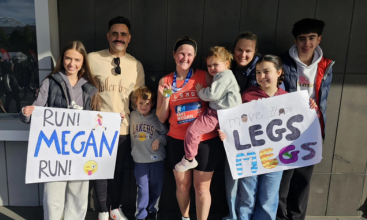Key findings of the Deloitte Access Economics report include:
- Parkinson’s costs the Australian community almost $10 billion each year. This figure has almost doubled since 2005
- Since 2005, there’s been an increase of 103 percent in direct financial costs of Parkinson’s ($1.1 billion) and an increase of 42 percent ($8.9 billion) in the burden of disease
- Parkinson’s remains one of the most prevalent neurodegenerative conditions in Australia. Nearly 70,000 people in Australia are living with Parkinson’s – a dramatic increase of 27 percent in just nine years
- More than 11,500 people are diagnosed with Parkinson’s every year
- It is estimated that by 2034, more than 123,000 people will be living with Parkinson’s
The new report outlined cost effective interventions to assist people living with Parkinson’s to achieve a better quality of life, while simultaneously reducing the cost of this condition to the community. It also provided practical strategies for reducing direct health care costs. This includes avoiding unnecessary hospital and aged care admissions and decreasing lengths of stay and medical specialist consultations.



